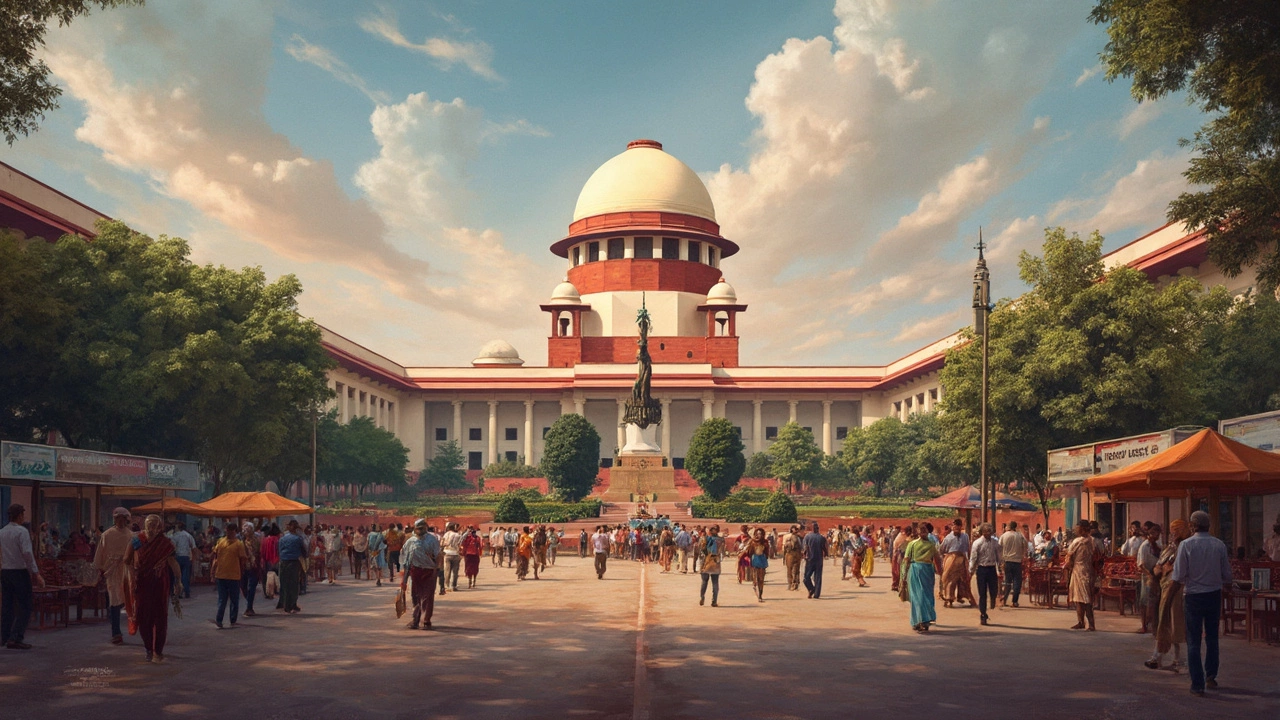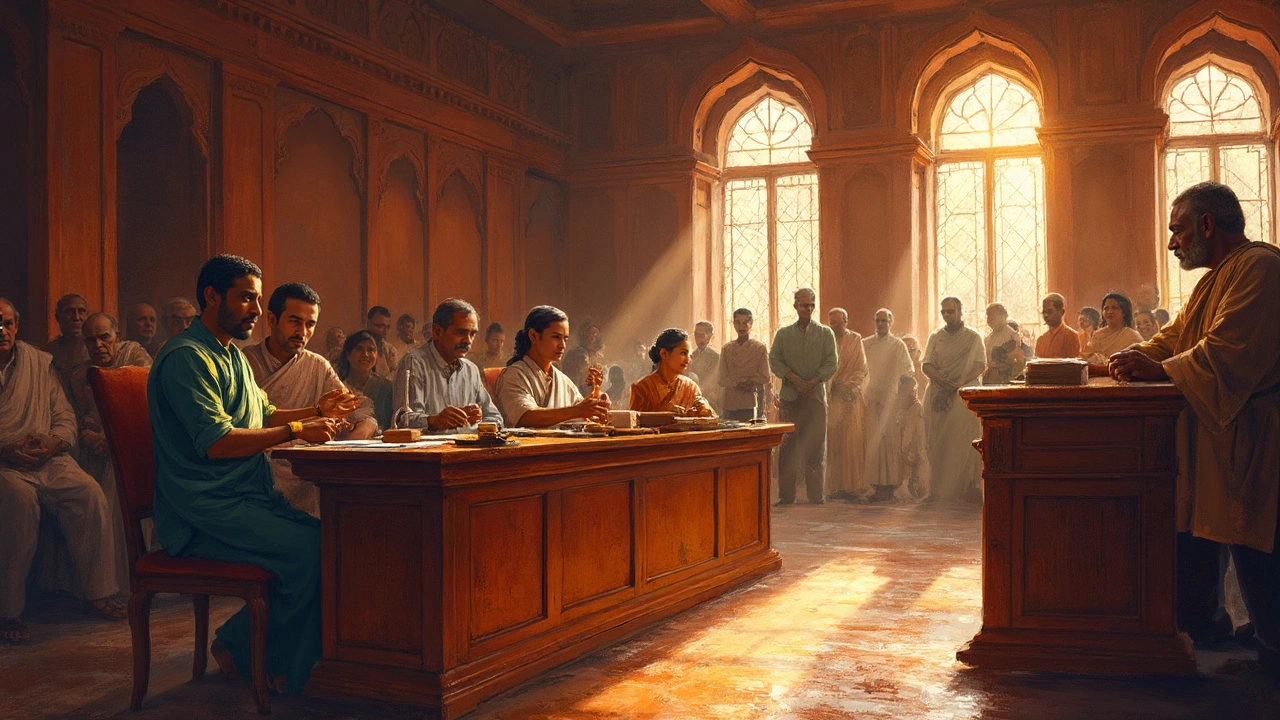Category: Civil Law - Page 2

Highest Court for Criminal Cases: Understanding the Supreme Role
When it comes to criminal cases, the supreme authority lies with the Supreme Court. It's the topmost legal entity that interprets the law, impacts important legal decisions, and sets precedents. Understanding its role, impact, and the way it operates is essential for anyone interested in the justice system. Explore how this court functions, its unique responsibilities, and why it matters in criminal justice.

The Best Choice for Solving Property Disputes
Navigating property disputes can feel like walking a tightrope—full of challenges and potential pitfalls. Finding the right property dispute lawyer can make all the difference, offering expertise and strategies to resolve issues efficiently. This article explores practical tips for selecting the right legal professional and highlights important factors to consider. With insights into local nuances and helpful facts, this guide is a resource for making informed decisions on property matters.

What Does 'Disposed' Mean in Civil Cases?
Understanding what it means when a civil case is 'disposed' is crucial whether you're involved directly or just curious about the legal process. From reaching a settlement to a court judgment, 'disposed' signals the case's conclusion. Explore different ways a case can be resolved, what it implies for the parties involved, and key things to know if you're navigating the civil justice system.

Where Most Civil Cases Are Tried: Inside the Courts
Ever wondered where most civil cases actually end up being tried? This article sheds light on the venues for civil trials, offering insights into how cases are allocated between small claims courts, district courts, and higher judicial bodies. Plus, discover some quirky cases and unexpected tips on what to expect if you find yourself a part of a civil trial. If legal systems fascinate you, or if you're just curious about what happens behind those courtroom doors, this article has you covered.

Is Adultery Grounds for Divorce in Virginia?
Divorce can be a stressful journey, especially when adultery enters the picture. In Virginia, the laws around adultery as a ground for divorce are specific and impactful. This article explores the implications, process, and ramifications of using adultery as grounds for divorce in Virginia. We'll discuss how adultery affects spousal support, property division, and even child custody. Let's unpack this complex topic so you know where you stand.

Navigating Spouse's Medical Debt Responsibility in Virginia
Understanding whether you're liable for your spouse's medical debt in Virginia involves exploring local laws, marital financial responsibility, and specific circumstances such as jointly pooled resources. Marital laws can have nuances that impact how debt is attributed to each spouse. This article provides insights into legal precedents, financial implications, and practical tips for managing unexpected medical expenses. Learn how to protect your assets and manage liabilities in the event of medical emergencies within a marriage.

Understanding Virginia's Final Divorce Decree: A Complete Guide
A final divorce decree in Virginia formally concludes a marriage and outlines the terms agreed upon or ordered by the court. This document is crucial because it contains all the legal orders required post-divorce regarding issues like property division, child custody, and support. The decree represents the court's final say and impacts both parties' future arrangements. It becomes essential for legal record-keeping and easing future interactions between the divorced parties.